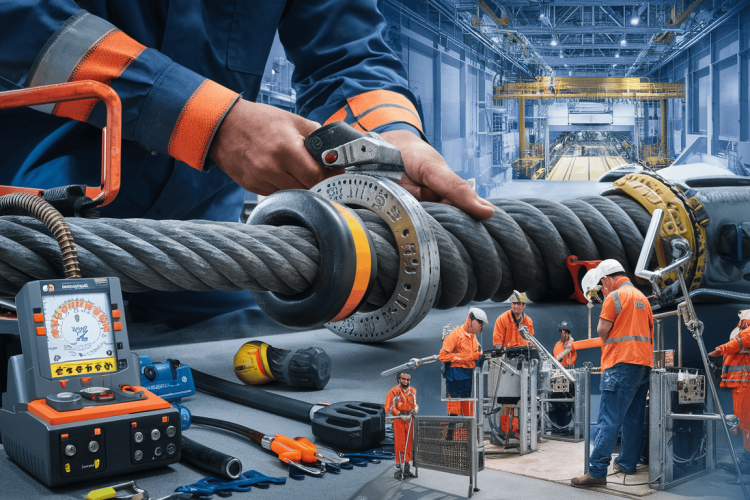
- By admin
- In Pull Testing
Expert Pull Test Services: Ensuring Safety with On-Site Testing
Pull testing is a critical aspect of ensuring safety and reliability in various industries, from construction to manufacturing. But what exactly are expert pull test services, and why are they essential? In this comprehensive guide, we’ll delve into the world of on-site pull testing services and explore how they play a vital role in guaranteeing the integrity of structures and materials.
Understanding Pull Testing
Pull testing, also known as tensile testing, involves applying force to a material or structure to evaluate its strength and integrity. It helps determine whether a connection or attachment point can withstand the expected loads without failure.
Importance of Expert Pull Test Services
Expert pull test services are crucial for ensuring the safety and reliability of structures, equipment, and materials. By utilizing the expertise of trained professionals, companies can accurately assess the strength of various components and identify potential weaknesses before they lead to catastrophic failures.
How Pull Testing Works
During a pull test, a specialized testing apparatus applies controlled force to the specimen, typically in the form of tension. The test measures parameters such as maximum load, elongation, and failure mode, providing valuable insights into the material’s performance under stress.
Benefits of On-Site Pull Testing
On-site pull testing offers several advantages, including convenience, real-time results, and the ability to assess components in their actual working environment. This approach minimizes downtime and allows for immediate adjustments or repairs, if necessary.
Industries That Benefit from Pull Testing
Numerous industries rely on Actl’s pull testing facility services to ensure the safety and reliability of their products and infrastructure. These include construction, aerospace, automotive, telecommunications, and more.
Choosing the Right Pull Testing Service
When selecting a pull testing service, it’s essential to consider factors such as experience, accreditation, equipment quality, and adherence to industry standards. Working with a reputable provider ensures accurate results and compliance with regulatory requirements.
Common Applications of Pull Testing
Pull testing is used for various applications, including testing anchor bolts, welds, adhesives, fasteners, cables, and structural components. It helps verify the strength of connections and assess the performance of materials in different conditions.
Ensuring Compliance with Regulations
Regulatory agencies often require pull testing as part of safety and quality assurance protocols. Compliance with relevant standards and regulations is essential to avoid legal liabilities and ensure the integrity of structures and products.
Pull Test Equipment
Pull test equipment comes in various forms, including hydraulic testers, mechanical testers, and digital force gauges. Each type has its advantages and is selected based on the specific requirements of the testing application.
Cost Considerations
The cost of pull testing services can vary depending on factors such as the complexity of the test, the number of specimens, and the location. However, investing in expert pull test services is a worthwhile endeavor considering the potential risks associated with structural failures.
FAQs
What is the purpose of pull testing?
Pull testing is conducted to assess the strength and integrity of materials, connections, and structures, ensuring they can withstand the intended loads without failure.
How often should pull testing be performed?
The frequency of pull testing depends on factors such as usage conditions, industry regulations, and safety standards. It’s typically conducted during initial installation and periodically thereafter.
Can pull testing identify potential failure points?
Yes, pull testing can help identify weak spots and potential failure points in materials and structures, allowing for preemptive reinforcement or corrective measures.
Are there specific standards for pull testing?
Yes, various industry standards and regulations govern pull testing procedures, ensuring consistency, accuracy, and safety across different applications and sectors.
What should I look for in a pull testing service provider?
When choosing a pull testing service provider, consider factors such as experience, accreditation, equipment quality, adherence to standards, and customer reviews to ensure reliable and accurate results.
Conclusion
Pull testing is not just a technical procedure; it’s a crucial aspect of ensuring safety, reliability, and compliance across various industries. By investing in expert pull test services, companies can mitigate risks, prevent failures, and uphold the highest standards of quality and safety.





